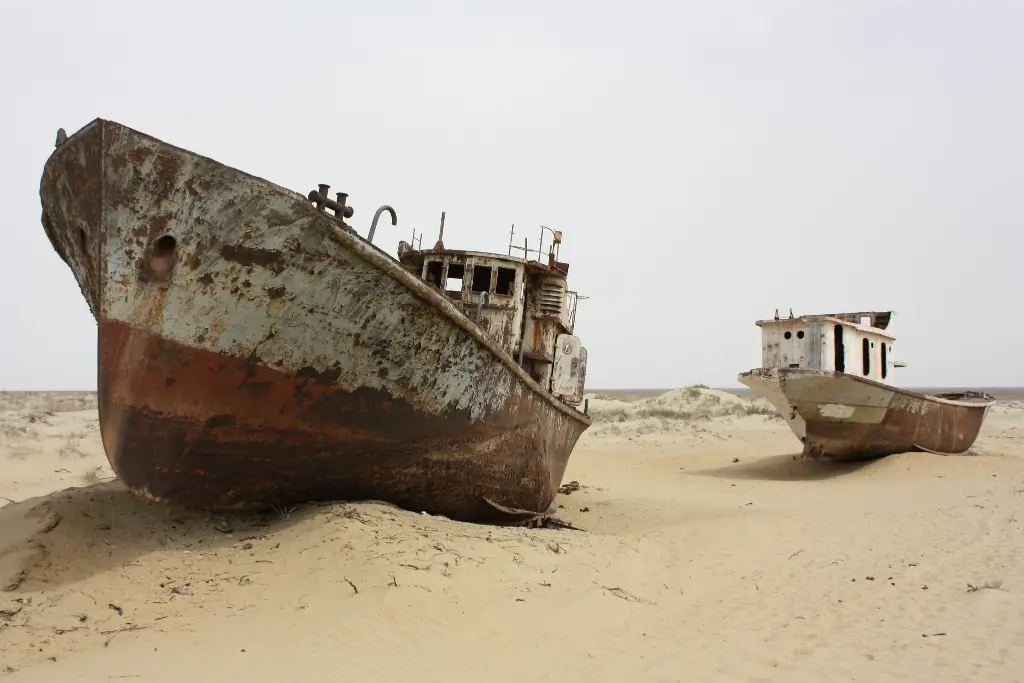Water scarcity, affecting over two billion people worldwide, is one of the most pressing challenges of the 21st century. The crisis is intensifying as climate change, population growth, and poor resource management converge, creating a perfect storm that threatens global food security, public health, and economic stability. Without swift and coordinated action, the consequences will be dire: by 2050, water stress could reduce GDP in affected regions by up to 8% and heighten resource disputes, increasing the likelihood of conflict.
Water scarcity is driven by a complex interplay of factors, chief among them being climate change, population growth, poor resource management, and urbanization. Climate change plays a pivotal role as rising global temperatures and erratic weather patterns drastically reduce freshwater availability. Prolonged droughts, shrinking glaciers, and unpredictable rainfall patterns are steadily depleting water sources, particularly in vulnerable regions. These climate-induced shifts create cascading effects that disrupt ecosystems, reduce agricultural yields, and threaten biodiversity.
The burgeoning global population further exacerbates the crisis, with projections indicating a rise to 9.7 billion by 2050. As the number of people grows, so does the demand for freshwater to meet the needs of agriculture, industry, and daily life. This intensifying demand often leads to over-extraction of groundwater and unsustainable water usage practices. Poor resource management compounds these issues, with mismanagement manifesting in the form of inefficient irrigation systems, pollution of vital freshwater supplies, and the overuse of existing water resources. In many regions, governance structures are ill-equipped to address these challenges due to corruption, inadequate investment, and outdated infrastructure.
Adding to the problem is the rapid pace of urbanization, which often outstrips the capacity of cities to develop adequate water and sanitation infrastructure. Megacities, in particular, grapple with providing reliable access to clean water for millions of residents, leading to heightened disparities and vulnerabilities within urban populations. Together, these factors create a multifaceted crisis that requires urgent attention and comprehensive solutions.
The implications of water scarcity extend far beyond immediate survival needs. At the forefront is the threat to food security, as agriculture consumes approximately 70% of global freshwater resources. Water shortages disrupt food production systems, driving up prices and increasing the prevalence of hunger, particularly in already vulnerable regions. Public health is also critically affected, with insufficient access to clean water and sanitation contributing to the spread of diseases such as cholera and diarrhea. These illnesses disproportionately impact children, claiming thousands of young lives each year.
Economic instability is another dire consequence, as water stress undermines industrial productivity, hampers energy generation, and curtails economic growth. Regions experiencing severe water shortages are likely to face significant GDP losses, deepening cycles of poverty and underdevelopment. Moreover, the dwindling availability of water resources heightens the risk of conflict, as communities and nations vie for control over limited supplies. This competition often leads to resource disputes and, in extreme cases, forces large-scale migration as people abandon areas that can no longer sustain their needs.
Solutions to Water Scarcity
Addressing the global water crisis requires a multifaceted approach that encompasses sustainable water management practices, investment in infrastructure, and innovative technological solutions. Governments and organizations must prioritize the efficient use of water resources by adopting strategies such as drip irrigation, rainwater harvesting, and the recycling of wastewater. These measures not only conserve water but also enhance its equitable distribution among users.
Upgrading aging water infrastructure is a critical step toward reducing waste and improving access. Investments in smart water grids and advanced monitoring systems can optimize the allocation of resources, ensuring that water is directed where it is needed most. Climate adaptation strategies must also be integrated into water management plans. Restoring ecosystems such as wetlands and forests can help improve water retention and mitigate the impacts of droughts, creating a more resilient environment.
Global cooperation is essential to address transboundary water issues and prevent conflicts. The development of shared governance models and transboundary water agreements can facilitate equitable resource sharing among nations. International organizations like the United Nations can play a key role in mediating disputes and promoting collaborative approaches. At the community level, empowerment and education are vital. Local communities must be actively involved in decision-making processes, and awareness campaigns can encourage conservation practices and foster a deeper understanding of the crisis.
Technological innovation offers promising solutions to augment water supplies. Emerging technologies such as desalination, solar-powered water purification, and atmospheric water generation present viable alternatives to traditional freshwater sources. Scaling these innovations will require significant international funding and collaboration to ensure their accessibility and affordability.
Finally, regulatory reforms are necessary to safeguard water resources. Governments must enforce laws that prevent pollution, regulate groundwater extraction, and promote sustainable practices across sectors. By addressing these challenges holistically, it is possible to mitigate the effects of water scarcity and build a future where access to clean, reliable water is a universal reality.
Water scarcity is a complex issue with no one-size-fits-all solution. However, a combination of innovation, policy reform, and international cooperation can mitigate its effects and ensure water security for future generations. Time is of the essence: the world must act now to address this critical challenge before it becomes an irreversible catastrophe.
